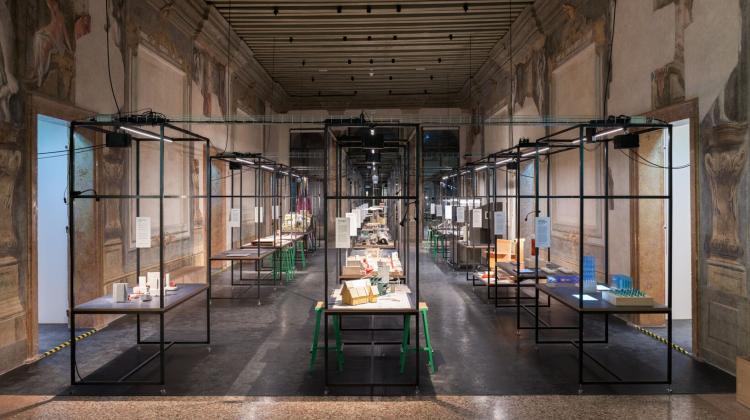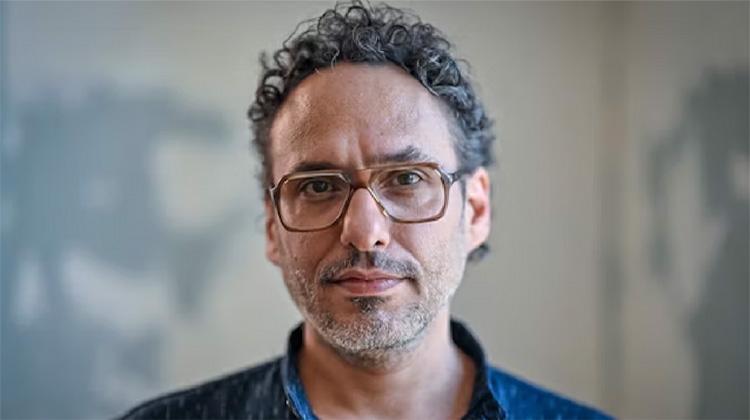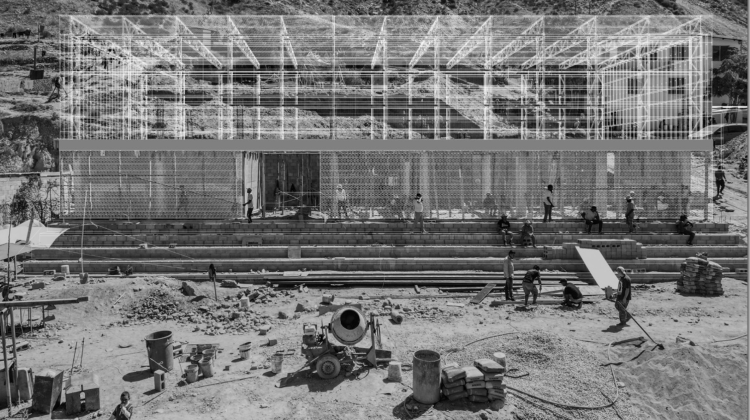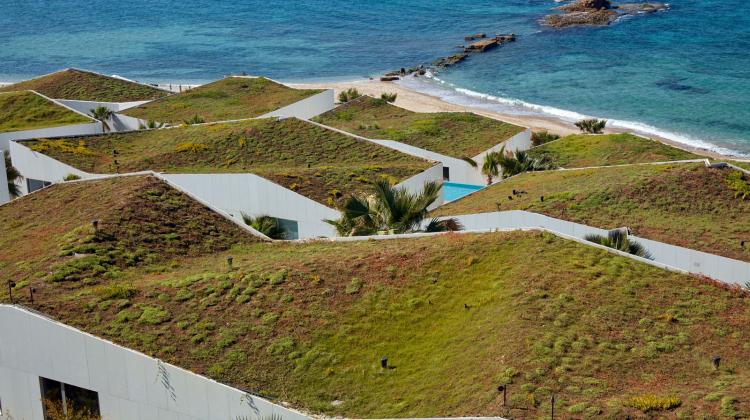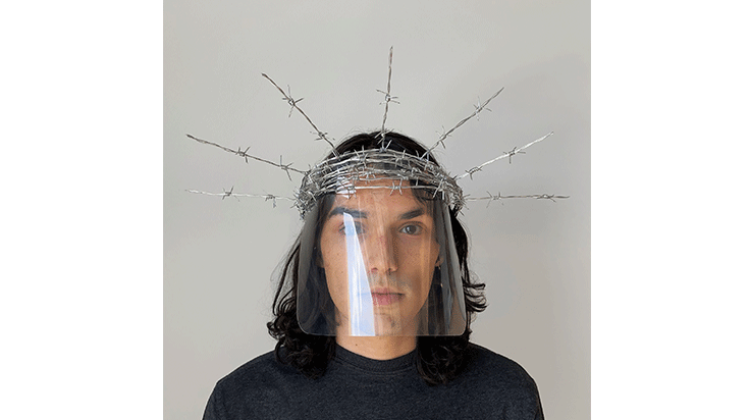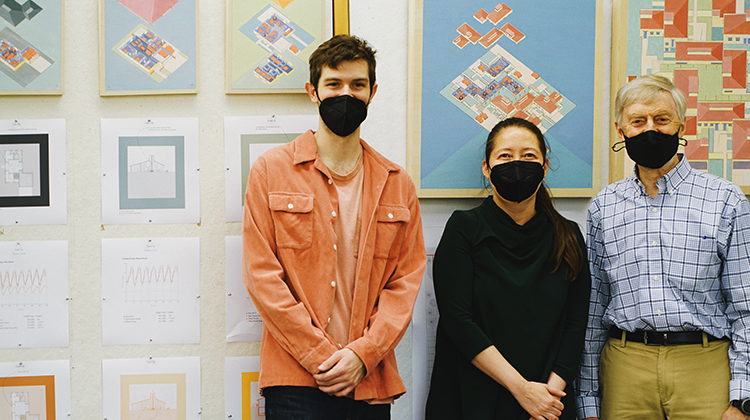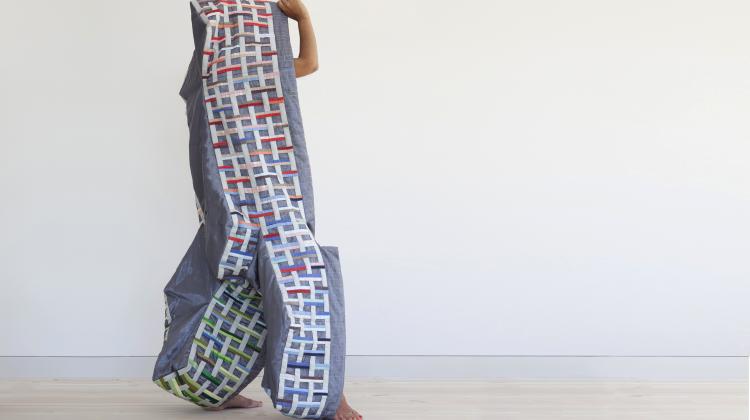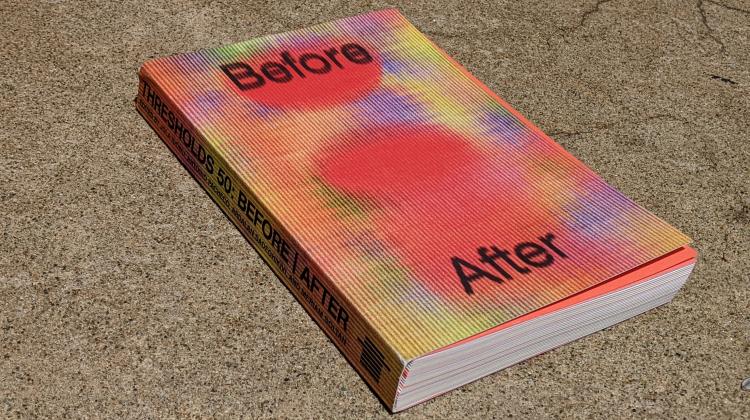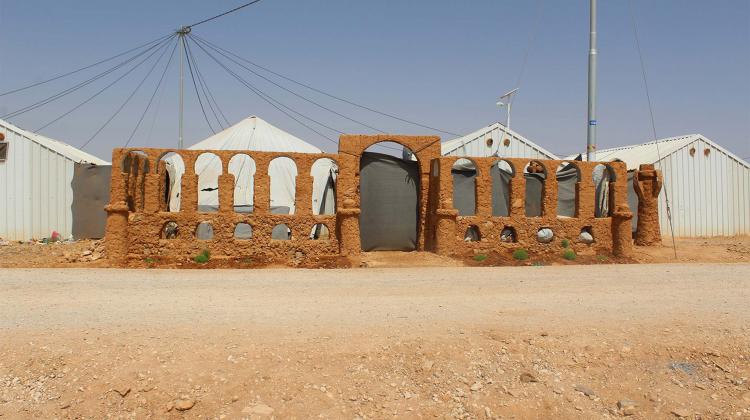Art Culture + Technology
- Image
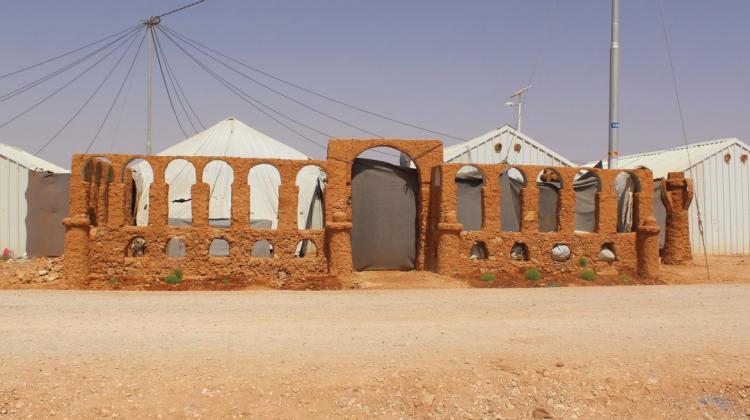
Design to Live: Everyday Inventions from a Refugee Camp. Edited by Azra Aksamija, Raafat Majzoub, Melina Philippou. MIT Press, 2021.
- Image

Renée Green, Berlin Story, 2001.
- Image
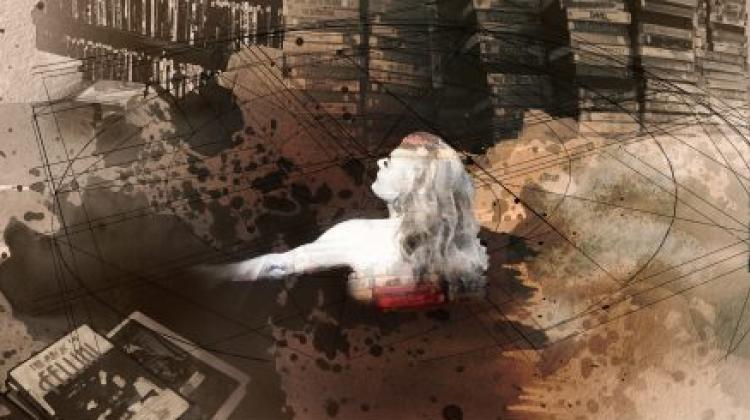
Judith Barry’s All the light that’s ours to see, 2018-2020.
- Image

Nida Sinnokrot, Ka (Oslo), 2017. Summer 2021 Artforum issue. Photo by Ziad Trad.
- Image
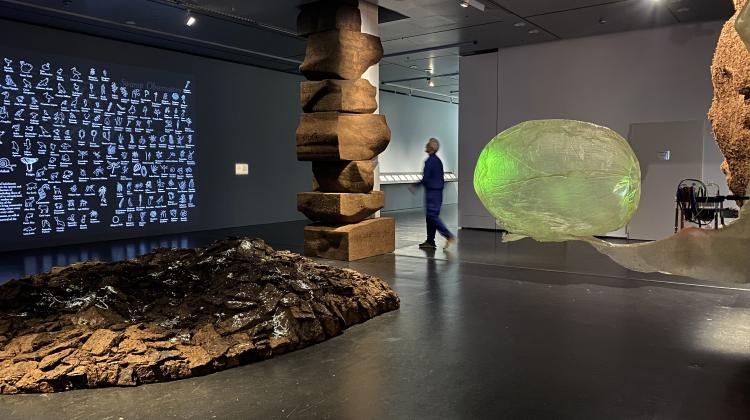
Nomeda & Gediminas Urbonas with MIT Climate Visions. Swamp Observatory, 2020. Produced for Critical Zones. Observatories for Earthly Politics exhibition, Center for Art and Media ZKM, Karlsruhe. Photo: Urbonas Studio
Contact
Claudine Monique
Academic Associate
cmonique@mit.edu
Marissa Friedman
Marketing and Communications
marissaf@mit.edu
Mission Statement
The Art, Culture, and Technology (ACT) program at MIT is an academic program and hub of critical art practice and discourse within the School of Architecture + Planning. ACT is headed by distinguished artist-professors and includes a dynamic group of artist-practitioner graduate students, visiting artist-lecturers, affiliates, and guests. Through an integrated approach to pedagogy, public events programming, exhibitions, and publications, ACT builds a community of artist-thinkers exploring art’s complex relationship to culture and technology. While ACT is not an art school in the traditional sense, the program’s mission is to promote leadership in critical artistic practices by creating art that is a vital means of experimenting with new forms of knowledge and cultural production, while continually questioning what an artistic research and learning environment can be within contemporary culture.
News
Overview
Embedded within MIT’s experimental culture, our community of international arts professionals explores art’s transformative impact in the immediate world, thus complementing and updating our longstanding legacy of technological research.
Born out of a 2009 merger between MIT’s influential Center for Advanced Visual Studies (CAVS, founded in 1967 by György Kepes) and Visual Arts Program (VAP, founded in 1989), ACT shares a rich heritage of work that expands the notion of visual studies and pushes the capacity of art to enlist science and technology in cultural production, critique, and dissemination at the civic scale.
ACT offers a rigorous and highly selective two-year graduate program, the Science Masters in Art Culture and Technology (SMACT), as well as an undergraduate minor and concentration. It also offers a variety of introductory courses to the general student population and courses tailored to undergraduates majoring in architecture. Advanced courses related to specific media and topics are offered as electives for both undergraduate and graduate students. ACT studio courses are complemented by practical workshops and discussions in theory and criticism, often provided by fellows and visitors to the program. Studios also regularly involve research field trips, which, in addition to their research/pedagogical value, help ACT promote new circuits of artistic and scholarly collaboration.
See Graduate Programs for degree requirements.
Faculty and Staff
Azra Akšamija
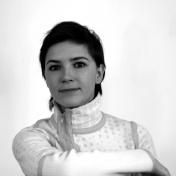 Professor; ACT Director
Professor; ACT DirectorRenée Green
 Professor
ProfessorJudith Barry
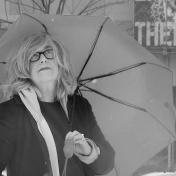 Professor
ProfessorNida Sinnokrot
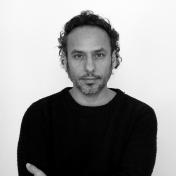 Associate Professor
Associate ProfessorGediminas Urbonas
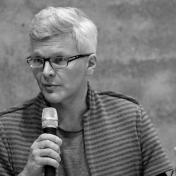 Associate Professor
Associate ProfessorTobias Putrih
 Lecturer
LecturerClaudine Monique
 Senior Assistant to Department Head
Senior Assistant to Department HeadHector R. Membreno-Canales
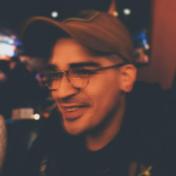 Lecturer
LecturerGraham Yeager
Technical InstructorGearóid Dolan
Technical InstructorRaafat Majzoub
LecturerLaura Anderson Barbata
 Lecturer
LecturerMatej Vakula
Lecturer
SMACT
ACT facilitates artist-thinkers’ exploration of art’s broad, complex, global history and conjunction with culture, science, technology, and design via rigorous critical artistic practice and practice driven theory. ACT emphasizes experimentation and transdisciplinary approaches to studio production in both traditional and new media. Students are encouraged to consider both the physical and the cultural context of their artworks/projects as central to their interpretation. Presentations on contemporary art, discussions in theory and criticism, and an understanding of research-based artistic practice complement studio production project development.
ACT courses have a strong focus on:
- Individual and collaborative forms and media including cinema; video; sound; performance; photography; experimental media and new genres; conceptual, sculptural, and spatial experiments; writings and publications.
- Critical thinking, knowledge mining, and creative engagement, along with explorations of changing public and private spheres, are of particular relevance.
- Extracurricular activities include a cross-disciplinary lecture series, field trips, workshops, studio visits, and public presentations.
At MIT, admission to each graduate program is coordinated by the academic department to which the graduate program belongs. ACT is a discipline group within the Department of Architecture. Therefore, all applicants seeking admission to the SMACT degree program apply through the Department of Architecture admissions office. Application information can be found on the Architecture website.
Undergraduate
ACT offers a diverse range of subjects, from courses exploring media that include photography, video, and sound, to examinations of cinema, public art, and the intersections of art and culture in the public sphere.
Students looking to explore ACT offerings start by taking either Introduction to Artistic Experimentation (4.301) or Foundations in Art, Design, and Spatial Practices for Architecture Majors (4.302). Both of these subjects introduce students to artistic practice and aesthetic analysis through studio work and lectures. Projects evolve through stages of conceptual and material development to final presentation. Upon completion of 4.301 or 4.302, or with permission of the instructor students can take more advanced subjects in the Program. Emphasis is placed on conceptual development and experimental approaches to studio production in both traditional and new media. Artistic practices range from the personal narrative of the video diary to collaborative public projects that invite community participation.
HASS Minor in Art, Culture and Technology
Minor Advisor: Nida Sinnokrot
The program consists of six subjects arranged into three levels of study. Two are taken from Tier I, three from Tier II, and one from Tier III.
Tier I — 2 Subjects
4.301— Introduction to Artistic Experimentation
OR
4.302 — Foundations in Art, Design, and Spatial Practices
AND one from the following list
4.601 — Introduction to Art History
4.602 — Modern Art and Mass Culture
4.635 — Early Modern Architecture and Art
4.636 — Topics in European Medieval Architecture and Art
4.641 — 19th-Century Art: Painting in the Age of Steam
4.651 — Art Since 1940
4.657 — Design: The History of Making Things
Tier II — 3 Subjects
4.320 — Introduction to Sound Creations
4.322 — Introduction to Three-Dimensional Art Work
4.341 — Introduction to Photography and Related Media
4.354 — Introduction to Video and Related Media
Tier III — 1 Subject
4.314 — Advanced Workshop in Artistic Practice and Transdisciplinary Research
4.344 — Advanced Photography and Related Media
4.352 — Advanced Video and Related Media
4.356 — Cinematic Migrations
4.361 — Performance Art Workshop
4.368 — Studio Seminar in Public Art/Public Space
4.373 — Advanced Projects in Visual Arts
Total for Minor in Art, Culture and Technology: 6 Subjects
HASS Concentration in Art, Culture and Technology
Concentration Advisor: Nida Sinnokrot
Four subjects are required from two groups of study, three from Group A and one from Group B.
Group A — 3 subjects
Introductory Subjects
4.301 — Introduction to Artistic Experimentation
4.302 — Foundations in Art, Design and Spatial Practices
4.320 — Introduction to Sound Creations
4.322 — Introduction to 3D Art Work
4.341 — Introduction to Photography and Related Media
4.354 — Introduction to Video and Related Media
Intermediate / Advanced Subjects
4.307 — Art, Architecture, and Urbanism in Dialogue
4.314 — Advanced Workshop in Artistic Practice and Transdisciplinary Research
4.344 — Advanced Photography and Related Media
4.352 — Advanced Video and Related Media
4.356 — Cinematic Migrations
4.361 — Performance Art Workshop
4.368 — Studio Seminar in Public Art / Public Space
4.373 — Advanced Projects in Visual Arts
Group B— 1 subject
Choose from Group A the History of Art section of the Concentration list.
Total for Concentration in ACT = 4 Subjects



